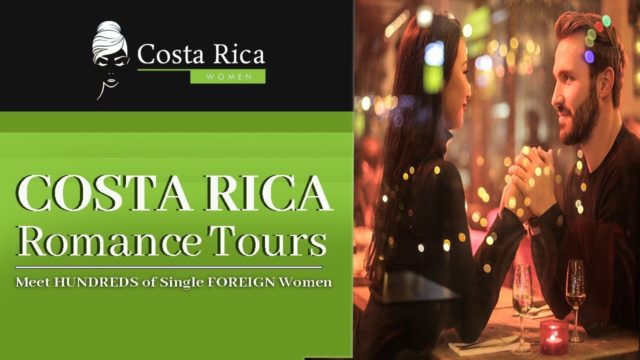Advertising in Costa Rica is an element that has been changing as new time’s progress. Many changes in the advertising world have been the result of the demands made by the different sectors of society where advertising represents a successful tool.
Costa Ricans are not workers of spontaneous formation that can vary from one day to another. Changes that are experienced in different subjects must have, as an orientation, a necessary and certain historical identification.
The starting point must recognize the existence of deep roots, whose growth reads, despite the crises, a secure, peaceful, and compromising future for the next generations.
The experience of the peoples indicates that the future is the product of development as individuals and as a community. But development -as in any field of human activity-, depended, depends, and will depend, primarily, on the confidence and effort to overcome and do what is known to do; by doing it better and with greater delivery.
For these elements, we understand that the overcoming and progress of Costa Rican advertising and its means, to be authentic, must be based on the changes that take its own historical identity as a principle, developing with its effort, and with the confidence placed in Our Values.
Advertising, as part of one of the various processes that occur in the world of communication, reflect the particularities of the Costa Rican way of being by encouraging us a genuine sense of identity. In each message that enters the conscience of the community, in one way or another, it is a factor of change; it promotes and teaches to adapt to it.

It is necessary, then, to know and use with responsibility the own forms of culture of our society so as not to depart so much from the reality of those who live here and now.
Costa Rican advertising, like many other national activities, no longer needs to imitate others because it has values and values to do the best and most original about our country. Its change is no by accident; it has been brewing in recent decades under the premise of work and responsible study.
There are many aspects in which you must still hear different and diverse opinions to reach agreements. That is part of the essence to move together towards authenticity and professionalism in all areas. That is the essence that shapes our identity and allows us to scare away the fears and desperate attempts that can separate us from our unique historical destiny.
The advertising industry reproduces sexism in Costa Rica
A study reveals how the advertising industry and the society under which it operates are trapped in the vicious cycle of sexism, as well as another one carried out in 2017 called ‘The role of Women in the Creative Process and the Creation of Ads’, by Diana Rodríguez Dussan, exposes the process through which the sexist content of the ads is created by those agencies and approved. Beyond that, it shows how the ‘machismo’ is expressed in the day-to-day life of the advertising agencies. In other words, it is still an industry that lives by and reproduces sexism.

Although 62% of mothers in Costa Rica work, advertising for women and men continue to reinforce gender stereotype roles, the author questions. The largest advertisers in the country are brands that sell cleaning products, appliances, alcoholic beverages, etc., and that use traditional gender roles in their ads. Rodríguez Dussan presents while adding that women are the most frequently presented in such advertisements and are shown more in the home environment, that men’s image is shown more in the public space.
Most product advertisements in Costa Rica are aimed at women and represent the gender in stereotypical situations: a woman cleaning the house, washing clothes, cooking, taking care of her husband and children or else, they present a woman with revealing clothes seducing the camera and men. Precisely on this last role, the sexual reification of women is something that bothers a lot.
Another result obtained in various studies also points to the issue of racism and classism in the industry. It is something that perhaps we, Costa Ricans, do not like to recognize much; that there is racism or classism because we like to think that we are all the same. But the ads show very few people of African descent, indigenous people, and even brunettes.
The advertising industry in Costa Rica has indeed advanced, in parallel, with the new demands of daily work, but it is necessary to understand that its development cannot be detrimental to anything or anyone.

